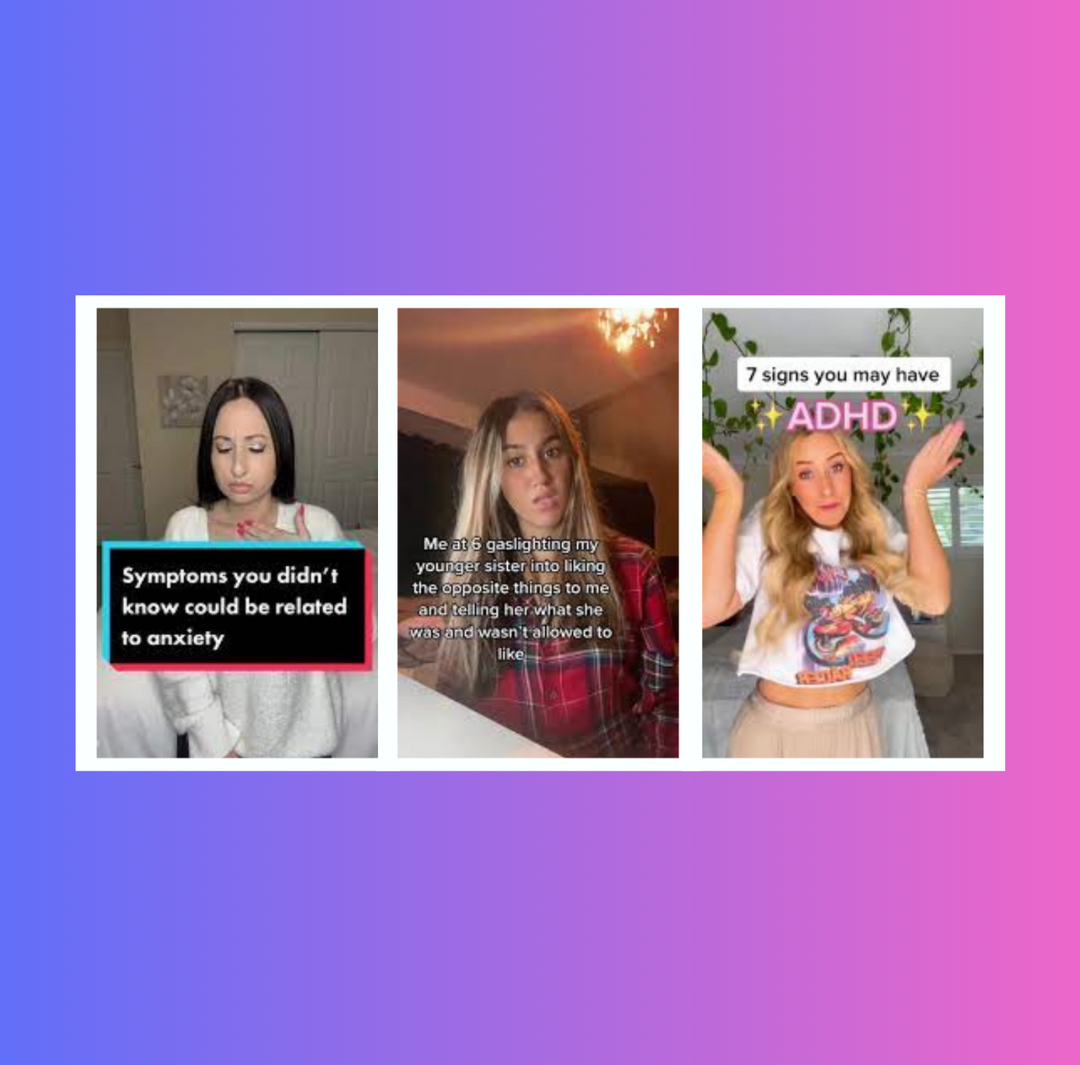“I can’t take this mess it’s triggering my OCD!” — are words that a person without OCD is likely to utter more than someone who does.
Recent years have seen an abundance of ‘Instagram therapists’ – who most of the time, are unlicenced influencers who think they know your problems better than you. Suddenly, everyone who can’t pay attention for more than 5 minutes has ADHD, and if you prioritize your well-being over others, you’re a ‘sociopathic narcissist’.
As conversations about mental health become more common, a downside of that seems to be the rise of so-called ‘therapy-speak’. More and more people are misusing ‘therapeutic language’ out of context, dismissing experts for proper diagnosis. The internet is too quick to label relationship dynamics as toxic and abusive over 15-second reels and psycho-analysing strangers’ behaviour over minimal interactions. Believe it or not, labelling someone a psychopath over a minute-long interaction is actually doing more harm than good.
We frequently hear people say they are traumatized. But most of the time what they’re actually experiencing is grief and sadness. The definition of these terms may feel the same, but the degree of these feelings varies greatly, and it’s important not to mix them up. People experience traumatic events. But many use the word “trauma” too casually to describe life events that make them uncomfortable or that they perceive as negative. We’ve been doing this a lot with ‘suicide’, ‘depression’ and ‘anxiety’ as well. Anyone can feel anxious in certain situations — but that is not the same as being clinically diagnosed with an anxiety disorder.
And although normalising mental well-being has had its benefits, we’re now at a point where we’ve perhaps crossed a limit. Merriam-Webster’s word of the year in 2022 was “gaslighting.” Used in clinical and therapeutic settings for decades to describe a distinct form of psychological manipulation, gaslighting—”the act or practice of grossly misleading someone, especially for a personal advantage”—has seen a stark rise in usage outside the healthcare arena in recent years. In recent years, the word has seen a steady increase as a search term on Google. Unlike what the internet believes, however, gaslighting is not simply ‘lying’. It’s a lot more complex than ‘someone making you feel like you’re at fault’, and the rampant misapplication is tampering with our perception of everyday, human relationships.
Let’s take the controversy of ‘West Elm Caleb’ as an example. For context, last year, a New York-based influencer posted a video about a bad date with a ‘guy named Caleb’. Soon after, more women started sharing their terrible hinge experiences about another ‘New-York based Caleb’ – and all hell broke loose when they realised they were all talking about the same guy.
More women started sharing their own experiences of this guy ‘ghosting’ them, and everyone started throwing around words like ‘narcissist’, ‘toxic’ and ‘love-bombing’ and ‘abuse’ without a second thought. Ultimately, the guy was doxxed and ‘West Elm Caleb’ was trending with articles in major publications like The New York Post. Now, what ‘West Elm Caleb’ did (ghosting) was definitely shitty, but calling this behaviour downright abusive over fickle internet evidence is a stretch. But social media has a long record of blowing things out of proportion – and ruined this guy’s life over what was very likely a few bad dates.
And it’s not just the misuse of these words that’s harmful. Therapy-speak has manifested itself in more ways than one. Recently, a mental health professional’s video on ‘how to break up with a friend’ went viral, as people believed her method was way too cold and inhumane. As we prioritize mental health, it’s important to realise if we’re in relationships that are bogging us down and cut them off if they interfere with our well-being. But we also have to realise that the person in front of us is just as human – who, in some cases, may be unaware of the harm they’re causing.
Breaking up a friendship like you’re firing them from their 9 to 5 corporate job is the opposite of being empathetic and productive. Reading from a script instead of addressing your real feelings isn’t an ideal method to part ways with anyone. Watching trained therapists on social media might help you to understand your relationships and your communication pitfalls but it doesn’t qualify you to diagnose yourself or your relationships.
For those who actually experience things like trauma and gaslighting, the widespread misuse of therapeutic language is damaging. Because the more we use these words out of context, the more they lose their true meaning. It could lead to a point where we start dismissing real, dangerous problems because we don’t realise the weight they carry. We’re already at a point where most of us are desensitized to violence and traumatic events happening across the world. We don’t want to lose our empathetic nature entirely, because that is ultimately what makes us human.
By all means, call out a toxic friend if you need to, express your feelings – but please leave the diagnosis to actual therapists.





